
Child Rights in the Philippines
About 34% of the Philippine population is under the age of 14, and while the country has made huge strides in strengthening the rights of children, major challenges still exist.
One out of every three individuals in the Philippines lives below the poverty line. A child rights impact assessment conducted by The Centre in June 2021 in a Philippine manufacturing supplier shed some light on the challenges facing parent workers and their children. It found that due to a local regulation, pregnant workers are forced to take unpaid leave once their pregnancy is known by their employer. As a result they hide their pregnancy until a late stage of pregnancy to save money for childbirth, risking their own and their babies’ health. The assessment also found that COVID-19 lockdown measures limited the ability of domestic migrant parents to maintain relationship with their children. In addition, the lack of awareness amongst parent workers on health insurance (e.g. PhilHealth) and also the hidden cost to bring sick children to hospitals (e.g. transportation costs), often correlate with parent workers’ decision to rely on self-medication when their children are sick, thus limiting their children’s access to proper healthcare services.
Ensuring the well-being of workers and their families is key to a resilient, stable supply chain. Creating a more family-friendly workplace is one key approach that employers can take to support workers and their children, such as developing a family-friendly policy and guidelines, carrying out targeted awareness raising programme on key child rights risks and training on parenting skills, considering to provide education support programmes for workers’ children, and working with the local and provincial government to develop a scaled-up solution and to create industry-wide awareness amongst manufacturing suppliers on how to contribute to family-friendly initiatives.
Supporting you in the Philippines
We have consultants in the Philippines that support us to implement a growing number of child rights programmes, from child rights risk assessments and child labour prevention to child rights training for businesses and family-friendly workplace programmes. Our work in the Philippines is further strengthened by a strong partnership with Save the Children and other local partners.
Browse Our Work in the Philippines
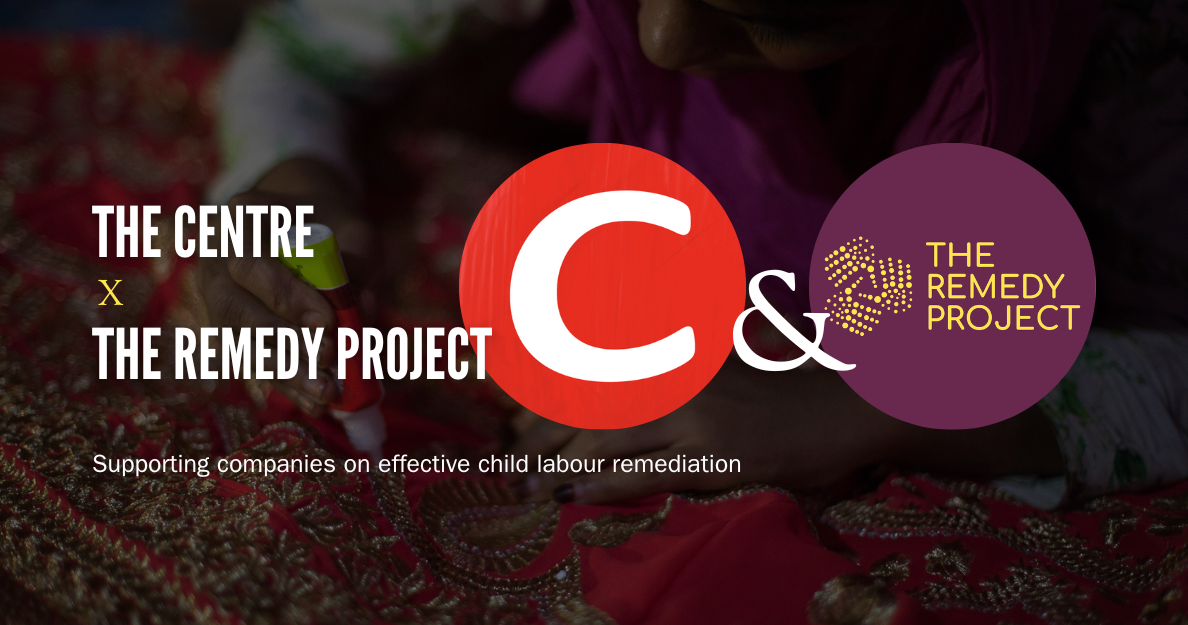

.png)

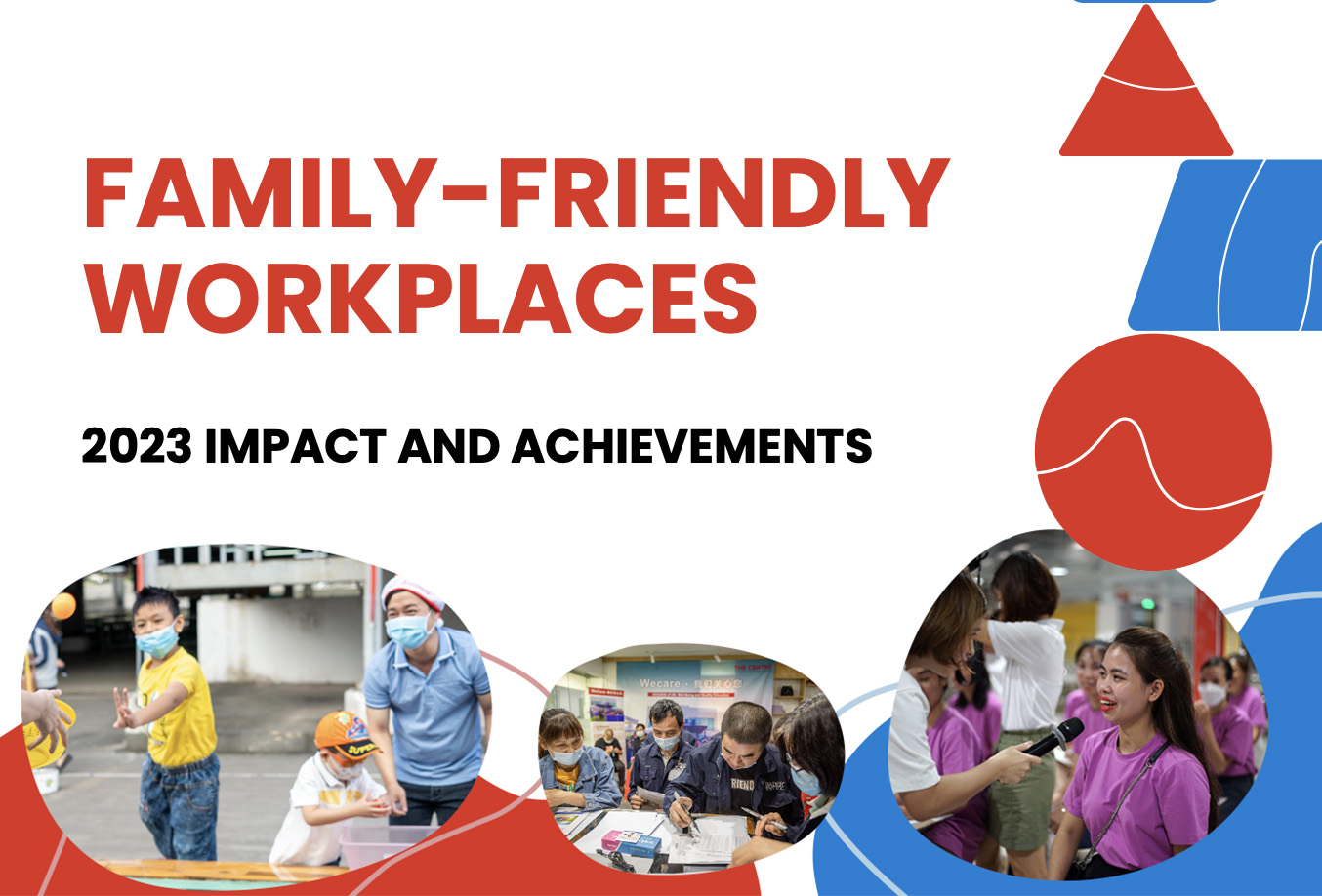



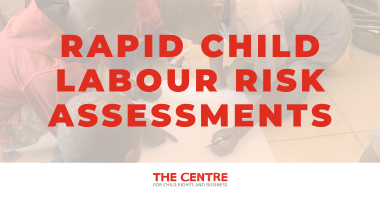





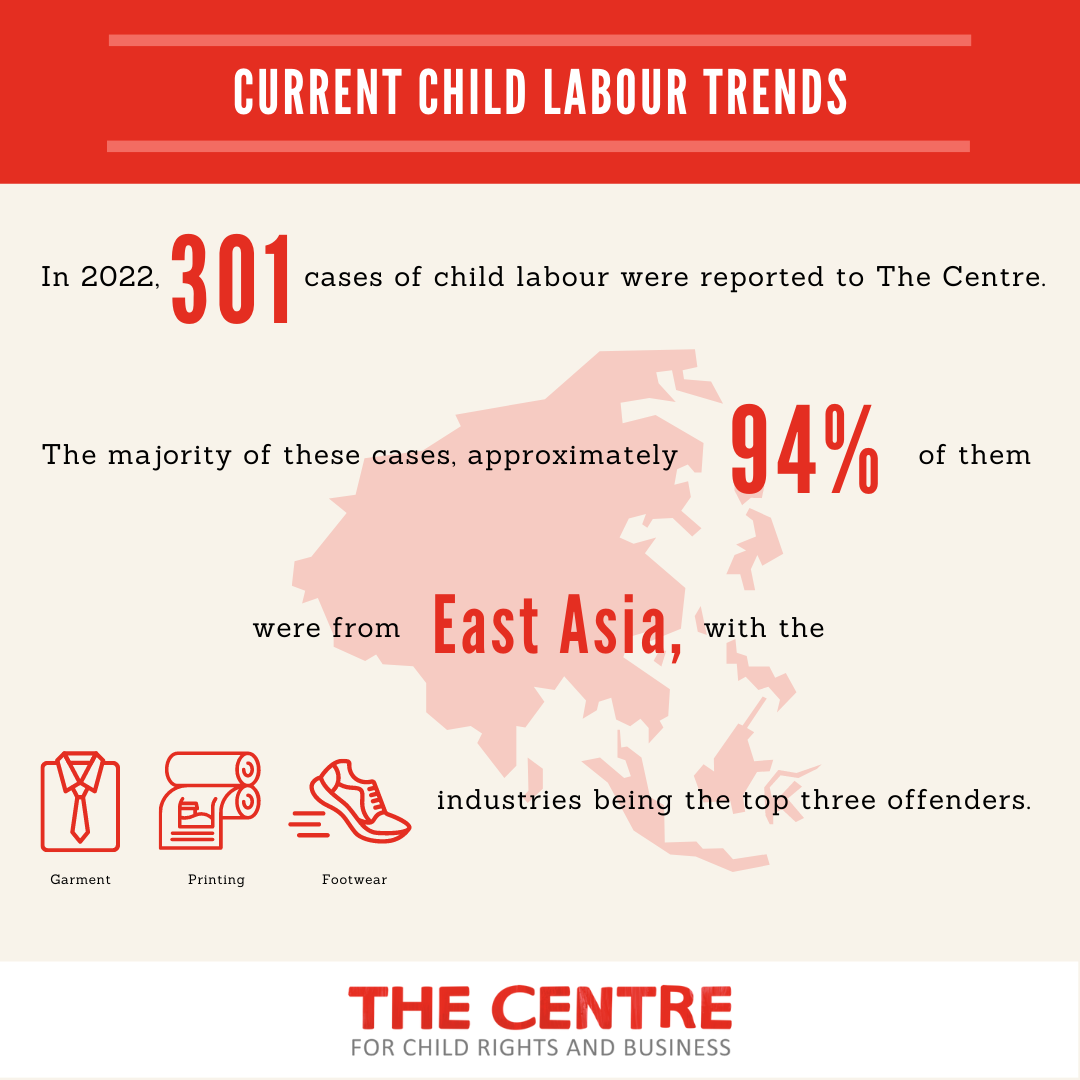

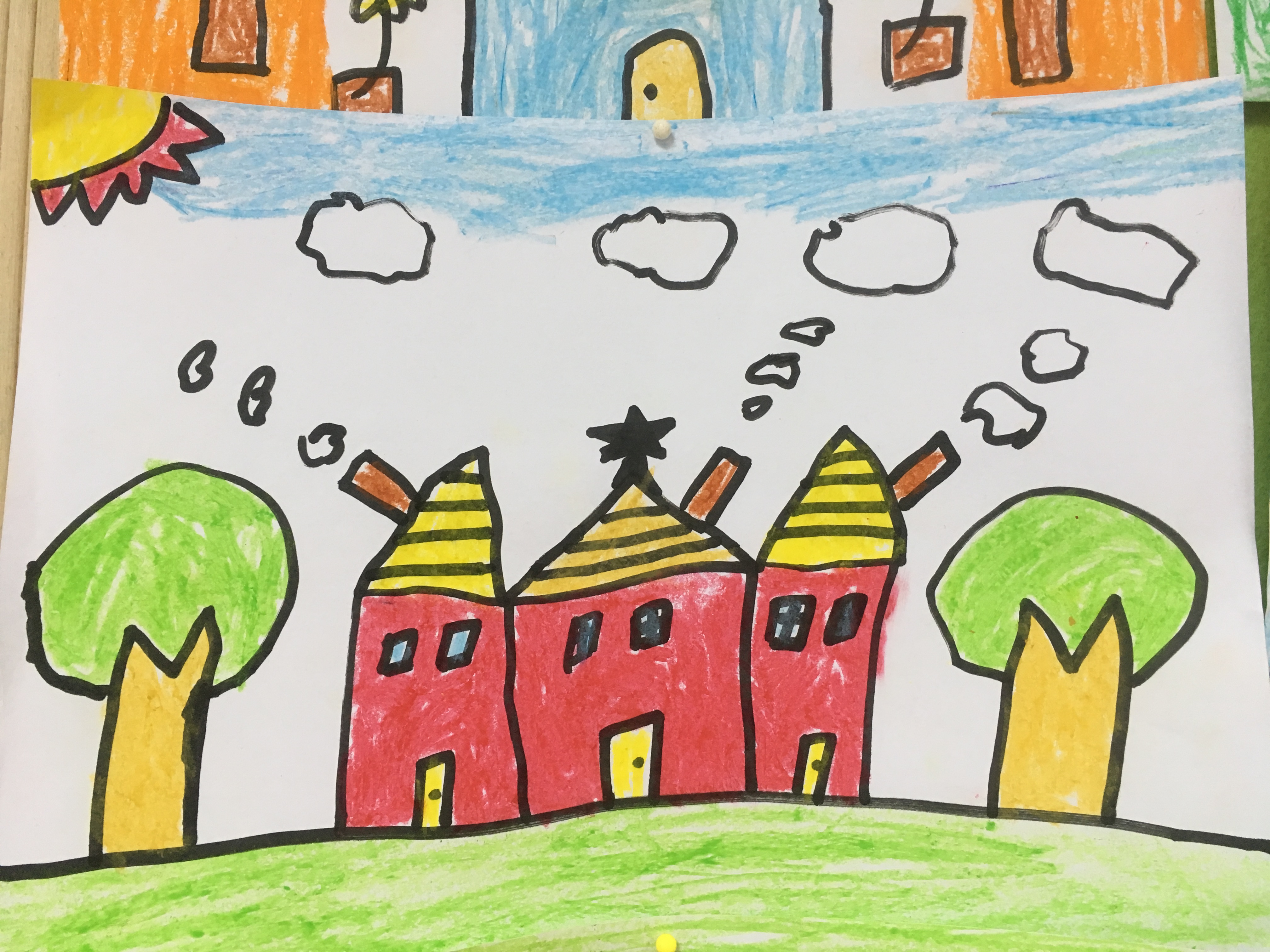

By using this website, you agree to our use of cookies. We use cookies to provide you with a great experience and to help our website run effectively.